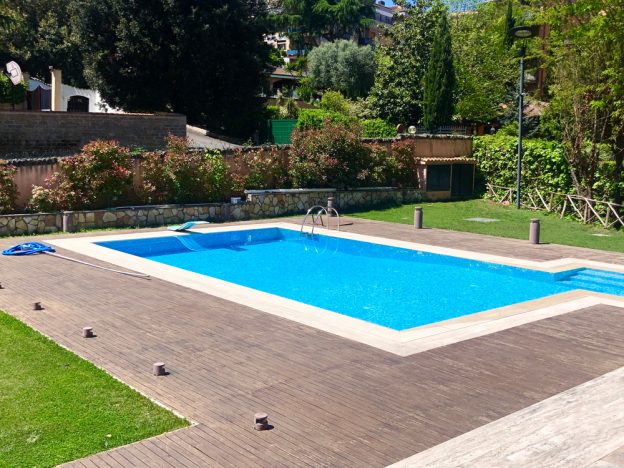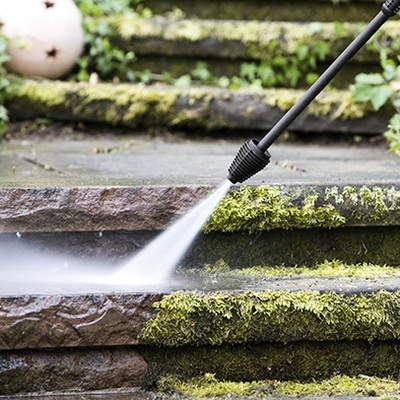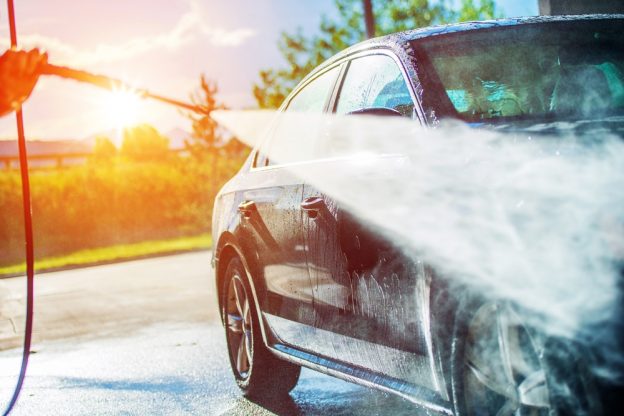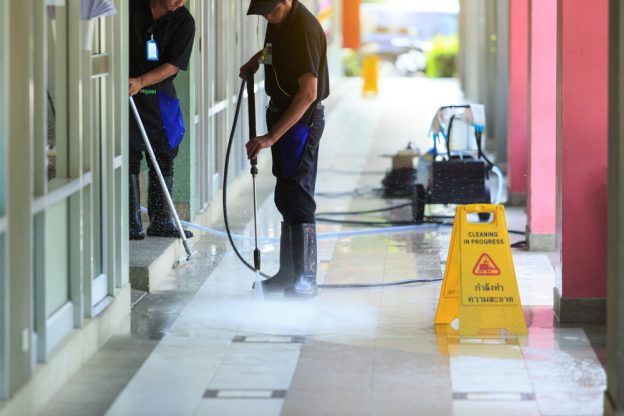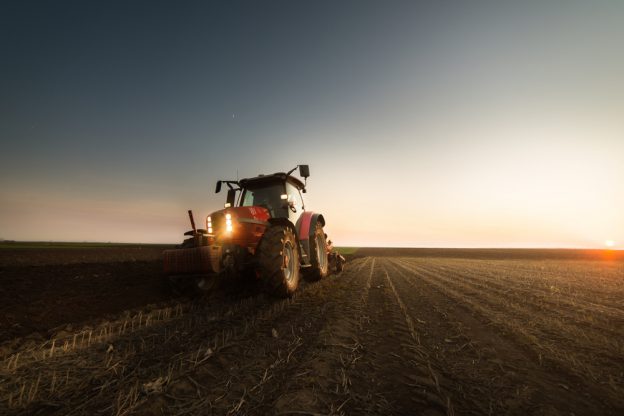As lockdown restrictions start to ease across the country, it is time to get your outdoor pools ready for some swimming in the sunshine. But did you know that using pressure washers is the best way to clean this area?
For this blog, we will focus on providing some advice on the best pressure washing cleaning methods.
Using Pressure Washers on Outdoor Swimming Pool Areas
Even if you have the free time you probably don’t want to spend all day cleaning your pool ready for use.
Pool decks are constructed differently from driveways, as the cement used is much finer grade cement. We would advise not using an extension hose on a pool deck as this will scar your cement and won’t clean it as well as you hoped.
The weight of your pressure washer is important as the larger units will suit someone who is using it more regularly. For the average homeowner, a smaller pressure washing unit is much easier to store, especially if you don’t plan to use it every week.
Whenever you start using a pressure washer, you should establish a consistent up and down rhythm that is nice and smooth. Maintaining this rhythm ensures that no spot is missed as you will overlap different parts as you go on.
The time it takes to clean your pool decks will ultimately depend on the size of your pool area.
Your Choice of Pressure Washer from Britclean
Britclean offers the finest brand of pressure washing machines, including Karcher, Nilfisk and Ehrle units.
If you have any questions about any of our products, please do not hesitate to contact us today.
We also offer a number of pressure washing accessories such as extension hoses, detergents and industrial vacuums. Our network of dealers across the country allows us to supply machines to customers in any location.

